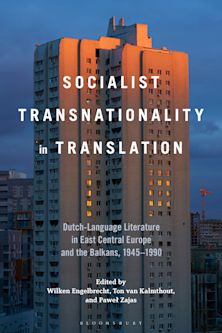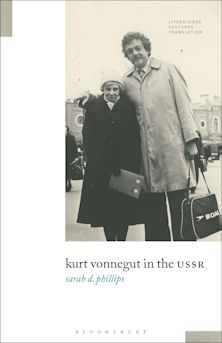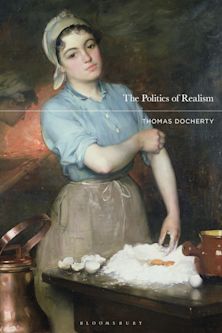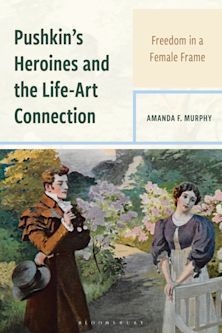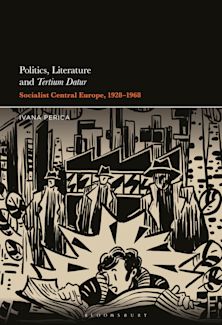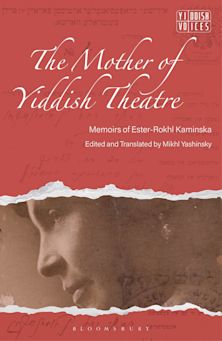You must sign in to add this item to your wishlist. Please sign in or create an account
Description
How do we know what we should teach? And how should we go about teaching it? These deceptively simple questions about education perplexed Tolstoy. Before writing his famous novels War and Peace and Anna Karenina, Tolstoy opened an experimental school on his estate to try and answer them. His experiences there incited his life-long inquiry into the meaning and purpose of religion, literature, art and life itself.
In this text, Daniel Moulin tells the story of the course of Tolstoy's educational thought, and how it relates to Tolstoy's fiction and other writings. It begins with his experience of being a child and adolescent, incorporates his travels in Europe, the experimental school, his literature, and his views on art, philosophy, and spirituality. Throughout, the relevance and impact of Tolstoy's thinking on education are translated into applicable theory for today's education students.
Table of Contents
Foreword
Author's Preface
Introduction
Part I: An Intellectual Biography of Leo Tolstoy
1. Early experiences and Influences
2. Tolstoy the Educator
3. The Prophet of Yasnaya Polyana
Part II: A Critical Exposition of Tolstoy's Educational Thought
4. The Pedagogical Laboratory
5. The Results of the Yasnaya Polyana Experiment
6. The Devil of False Education
7. The Spiritual Nature of a Genuine Education
Part III: The Legacy of an Overlooked Educator
8. The Reception and Influence of Tolstoy's Educational Thought
9. Tolstoy's Relevance for Today's Educators
10. Conclusion
Epilogue
Bibliography
Index
Product details

| Published | 23 Oct 2014 |
|---|---|
| Format | Ebook (PDF) |
| Edition | 1st |
| Extent | 224 |
| ISBN | 9781441119216 |
| Imprint | Bloomsbury Academic |
| Series | Bloomsbury Library of Educational Thought |
| Publisher | Bloomsbury Publishing |
About the contributors
Reviews
-
Dan Moulin has written a book that helps us see Tolstoy as a significant educational philosopher in spite of the glare of his fame as perhaps the greatest of novelists. Moulin brings us into Tolstoy's world, a world of polemics, epics and fictions. He carefully and critically engages the reader in Tolstoy's sometimes arrogant approach to educational theorists, and his always humble approach to the wisdom and spirit of children.
Julian Stern, Dean of the Faculty of Education & Theology, York St John University, UK

ONLINE RESOURCES
Bloomsbury Collections
This book is available on Bloomsbury Collections where your library has access.












